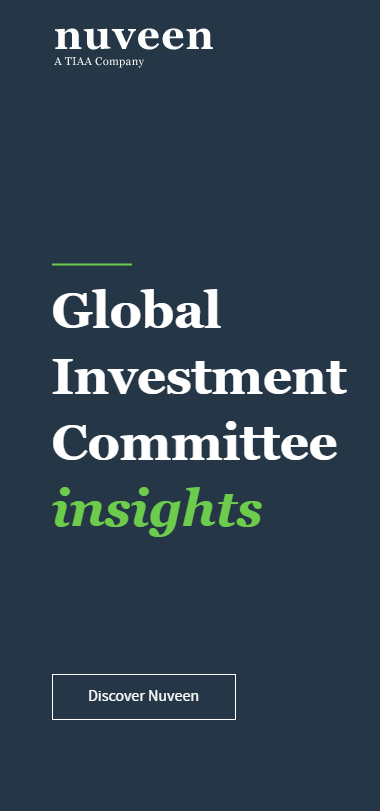
April 14, 2020 – The Federal Reserve brought their “bazooka” into #Muniland last week, promising (guidelines are pending) to purchase 2-year notes from about 80 large municipal issuers – basically the 50 states, counties with over 2 mil population and cities with over 1 mil population – to help states/localities confront what economists expect to be the deepest recession on record.
At a superficial level, the Federal Municipal Liquidity Facility (MLF) seems workable. States/localities face a cash crunch due to COVID lockdowns and in particular, the deferral of April income taxes by 60-90 days will severely test issuers and localities that have seen revenue streams dry up.
The Fed has a $35B war chest which it intends to “lever up” into a $500B direct loan program. Since the Fed HATES choosing winners/losers (although I would argue, they do so all the time) and in particular, picking a California bond over a Utah GO may not go well with the Fed’s ultimate paymaster, i.e. Congress, the MLF is tool of immense convenience, providing access to just about every municipal entity nominally, but assigning gate-keeping duties to the States.
The cap on total State borrowing under the program (on behalf of itself and smaller counties/cities that are not eligible) at 20% of FY2017 operating revenues will similar ration Fed spoils.
So on the surface and overall – the MLF comes across as a very sensible program, for the McKinsey and Goldman Sach-types who run the Fed and more familiar with M&A and emerging market debt than they are with humble public finance/public hearing meetings held in decrepit council buildings all around the country.
For experienced municipal market practitioners, the longer-term implications of the MLF are apparent, and those implications can be extremely negative.
Public finance officials – the comptrollers, CFOs and financing chiefs of these United States – are fully aware the governmental entities they represent have manifold fiscal issues: weak budget outlooks stemming from an uncertain economic environment, long-term structural changes to real estate and consumer habits as a result of COVID-19 and exploding unfunded liabilities. Most municipalities don’t really need more debt, they need tax increases or expenditure cuts.
And yet, they are in all likelihood powerless to stop their CEOs or Governors from tapping the MLF to plug budget holes and then some. In two years, the elected officials will be gone and the CFOs will be left holding the bag.
Or rather, the taxpayers, who will be facing threats of default, (higher-than-needed) tax increases and millions of restructuring fees to be paid to the Morgan Stanleys and Jefferies of the world.
Which brings us to a separate but related problem. How will States/Locals refinance $500B in cashflow borrowing in two years? Doesn’t take a Harvard MBA to deduce that 2022 will be THE year to buy long-term municipal bonds. The supply will be virtually unlimited! There will be immense fire sales – to the detriment of issuers and broader structural stability of the market.
And don’t forget the big picture. Our market is extremely volatile because (1) the buyer base of municipal bonds is not as diversified as it should be and (2) many issuers are inflexible.
In the era of ESG, every portfolio manager and bond investor should want a large exposure to social-benefiting, lives-enriching infrastructure. Sadly, the muni market continues to be dominated by a coterie of bond funds. And when they bolt – as they did last month, in 2016 and 2011 – markets become frozen, schools do not get built and refunding savings wasted.
In order to attract a broader group of investors – corporations, foreign investors, even pension funds – issuers need to brace themselves to offer higher yields and innovative bond structures when markets dictate. The long-term reward for pricing and issuance flexibility is a broader investor base that imbues stability.
That’s what #Muniland needs – a broader investor base. Not a buyer of one.
Contact Lisa Lopez at LLopez@buymuni.com.



